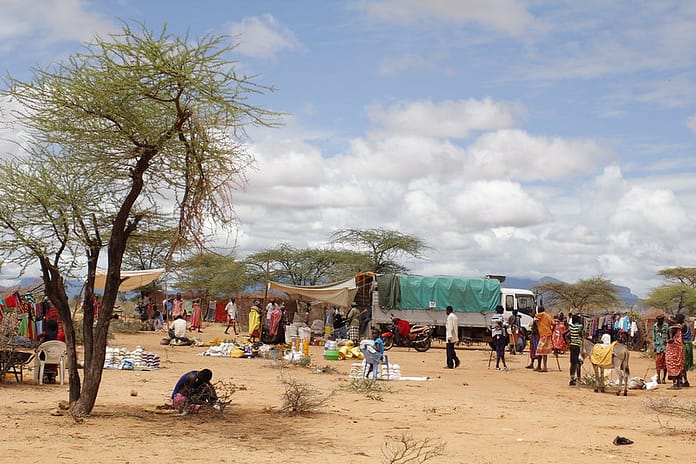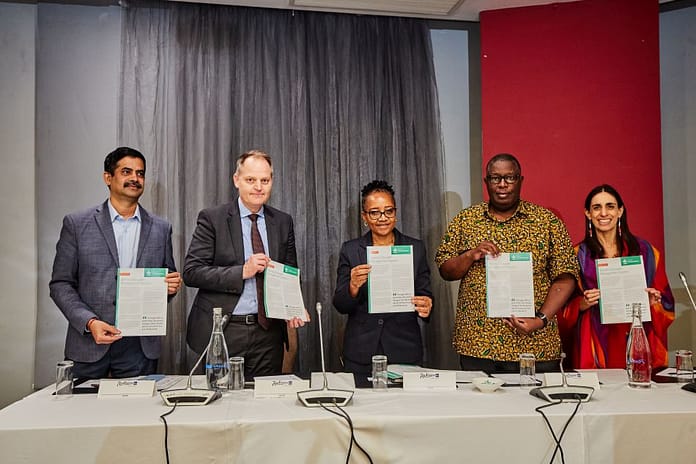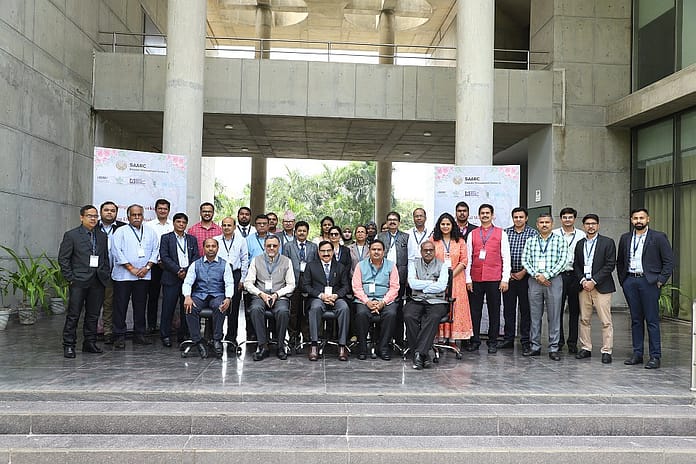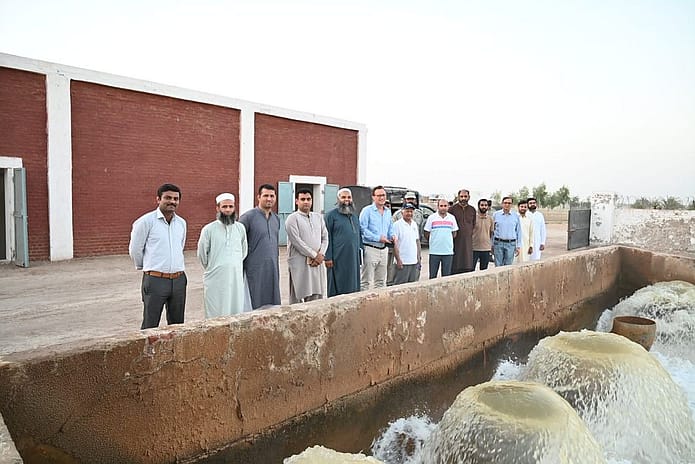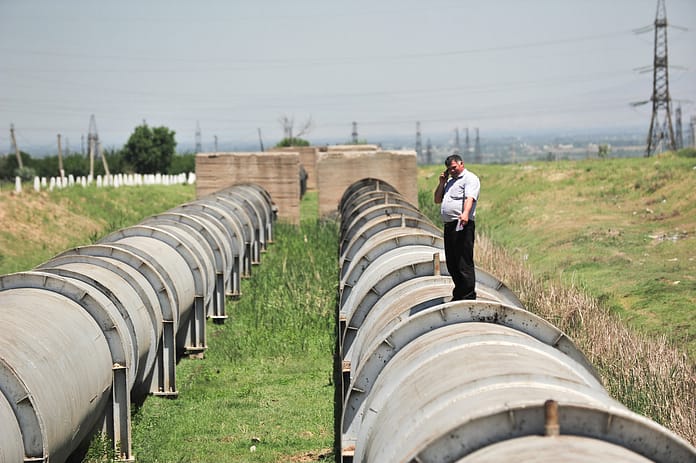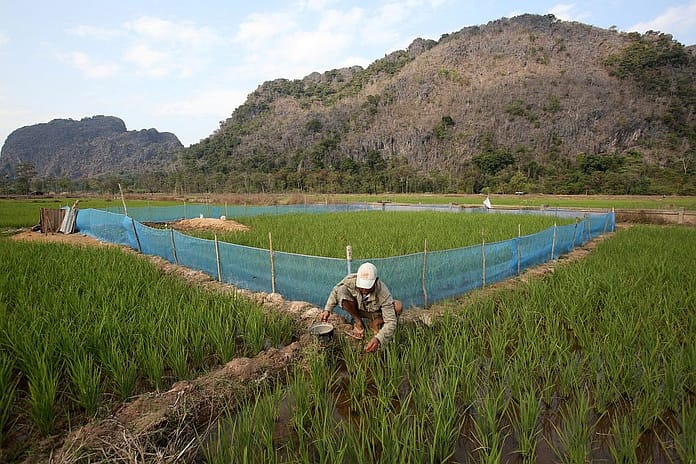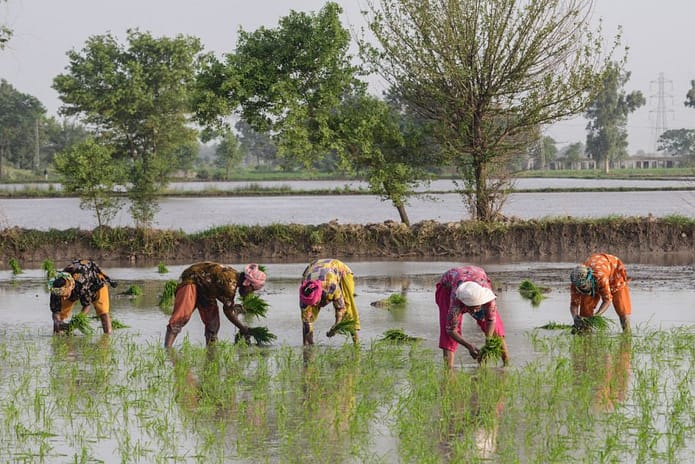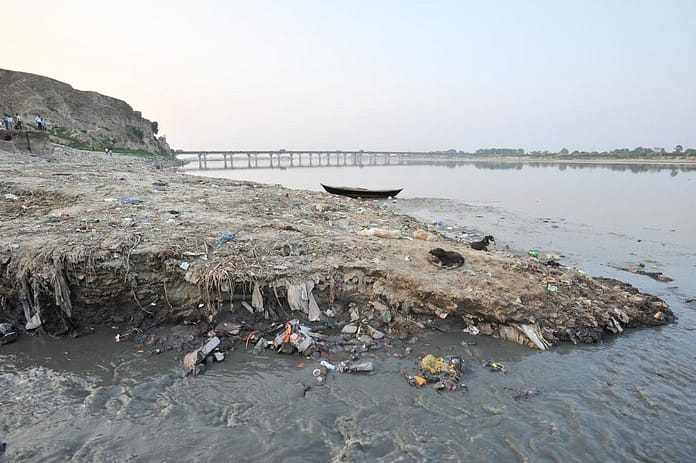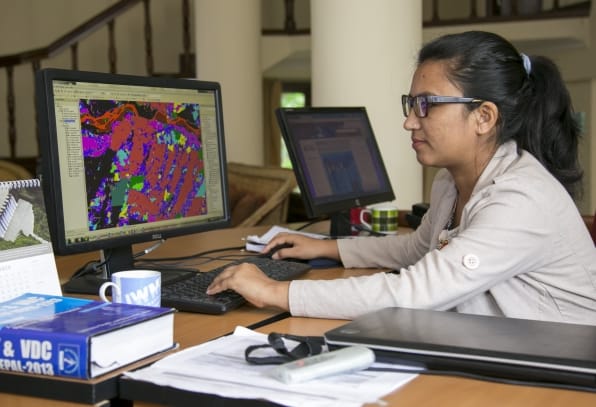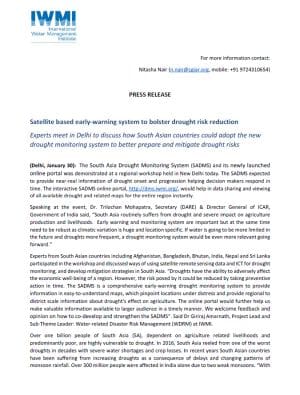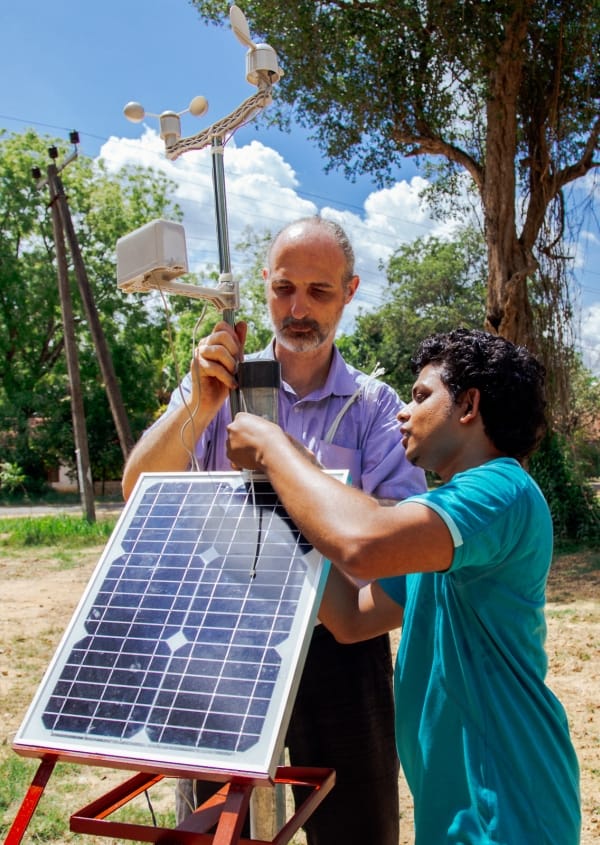(Tashkent/Colombo, 23 April 2021) – Creating the food systems that people want and need across Central Asia will depend in part on how water is managed under climate uncertainty, delegates at the UN Food Systems Summit Independent Dialogues (Central Asia) concluded.

Representatives from academia, government and NGOs highlighted the critical need for innovation, promotion and investment in smart water saving technologies. Raising awareness among public and government stakeholders on the importance of food, water, energy nexus (WEF) was also highlighted as a priority. Given that water, through floods and droughts, wields significant power to disrupt food systems, the management of water risks was also considered imperative.
Highlighting the importance of the diversification of cropping systems, participants also encouraged the introduction of heat and drought-resistant varieties of the main food crops.
The event, hosted by the International Water Management Institute (IWMI), was part of a series that call for systematic, inclusive opportunities for stakeholders to discuss the WEF nexus and provide input into the UN Food Systems Summit.
Water scarcity presents one of the greatest challenges for Central Asia. As its population grows so does the need to create more jobs, produce more food and more energy, all of which rely to an extent on limited water resources.
Mark Smith, Director General, IWMI: “In Central Asia, it’s clear that creating the food system that people want will depend in part on how water is managed. This region is dynamic and growing – and population growth, economic development, climate change, and hydropower development – as well as changing patterns of consumption – are driving increases in demand for water, energy and food. Looking forward – solutions for sustainable food production are going to require trade-offs across sectors”.
Closing the event, Smith said there was a growing urgency for action on the role of water in the food system. He said that acting with urgency required clarity and a shared understanding across stakeholders of what is at stake, what practices, technologies and policies should be prioritized, and what financing is needed where – will be a vital part of the story of food system transformation in Central Asia.
Oyture Anarbekov, Country Manager for Central Asia, IWMI and curator of the event: “Transitioning from competition among sectors to cooperation – including across the water-energy-food nexus – will be a vital part of the story of food system transformation in the region. The aim of this dialogue was to open and further advance discussion of how water – and its links to the nexus – can become part of the journey to food system transformation in Central Asia.”
The event, hosted in Tashkent and attended virtually by participants from all around the world, explored ways in which Central Asia can manage the WEF nexus to ensure a sustainable supply of water to the food system.
Participants deliberated on the importance of building resilience in interconnected food systems, from local to global, while protecting critical water sources, biodiversity, and other ecosystem services. Discussions aimed at reaching a common understanding and finding local solutions to the challenges facing food systems transformation and role of WEF nexus in this process under climate uncertainty in the region.
Conclusions from this event and the three other Independent Water Dialogues will feed into the Global Dialogue ‘Water: the game changer for food systems’, 27 April and ultimately to the UN Food Systems Summit in September.
IWMI and global and regional partners have committed to hosting a series of multi-stakeholder dialogues that emphasize water’s transformative role in food systems. The co-organizers of the Central Asian Independent dialogue include the CGIAR Research Program on Water, Land and Ecosystems, the International Food Policy Research Institute, with contributions from the Executive Committee of the International Fund for saving Aral Sea, and the Interstate Commission for Sustainable Development of the International Fund for saving the Aral Sea
For more information or to arrange interviews, please contact:
Toby Johnson, Head of Global Communications and Knowledge Management, IWMI
e-mail: t.johnson@cgiar.org tel +94 (0)779425984


